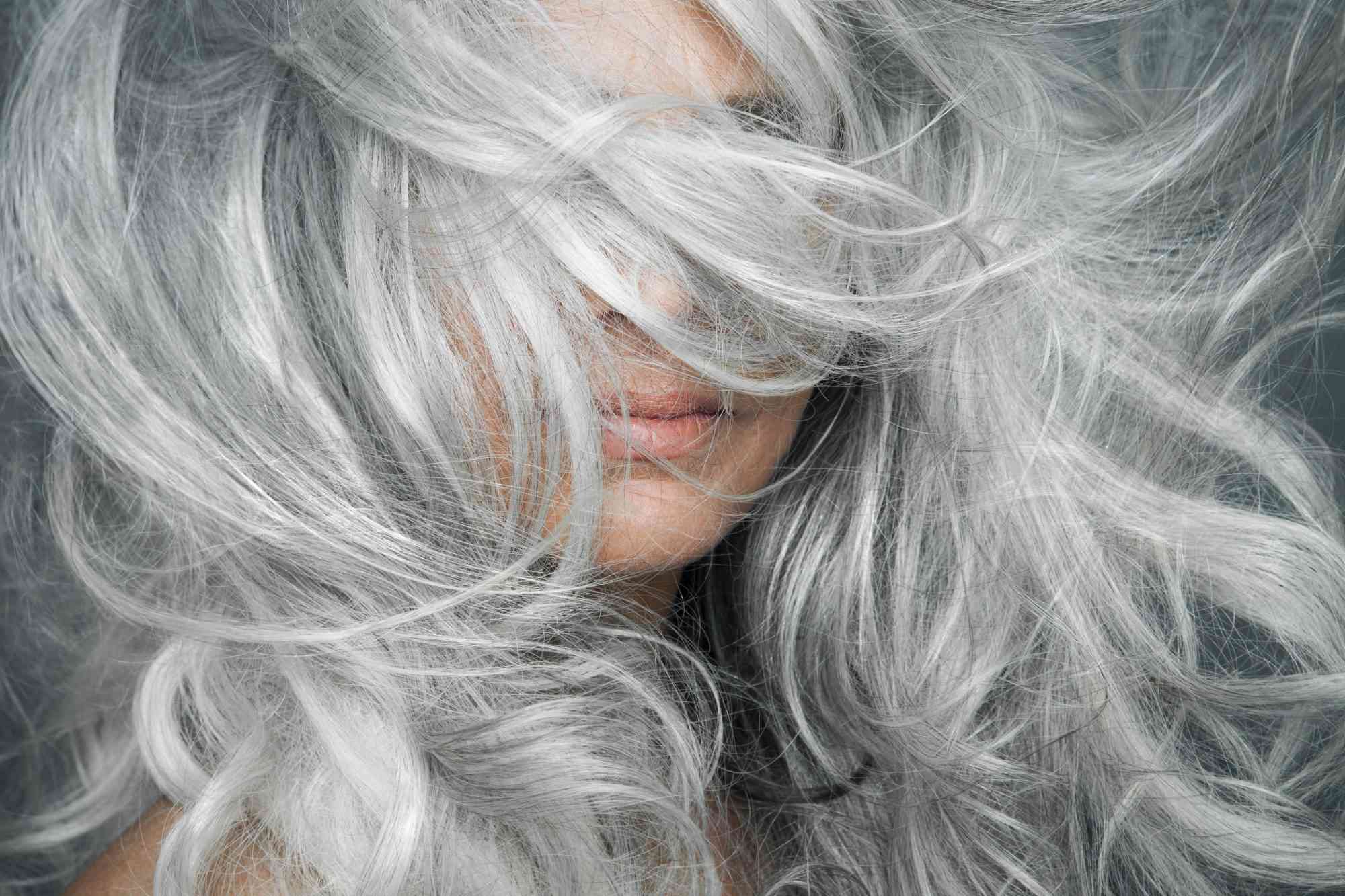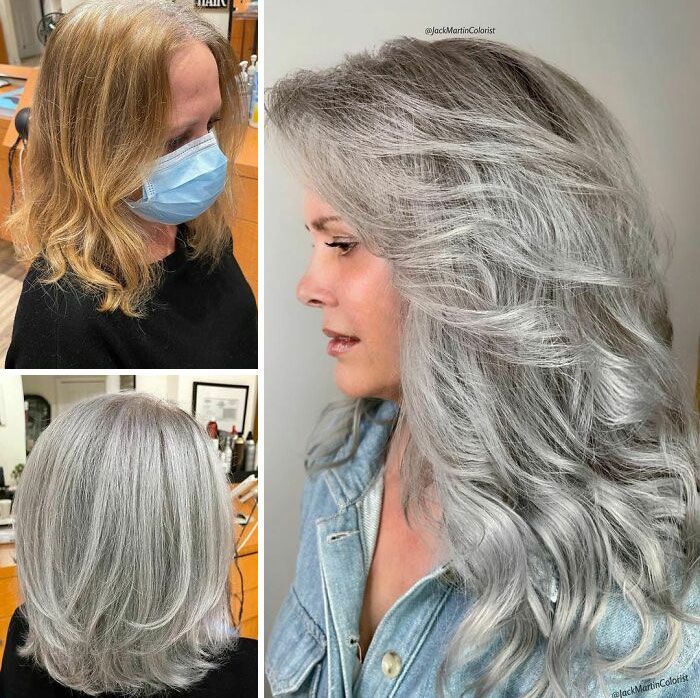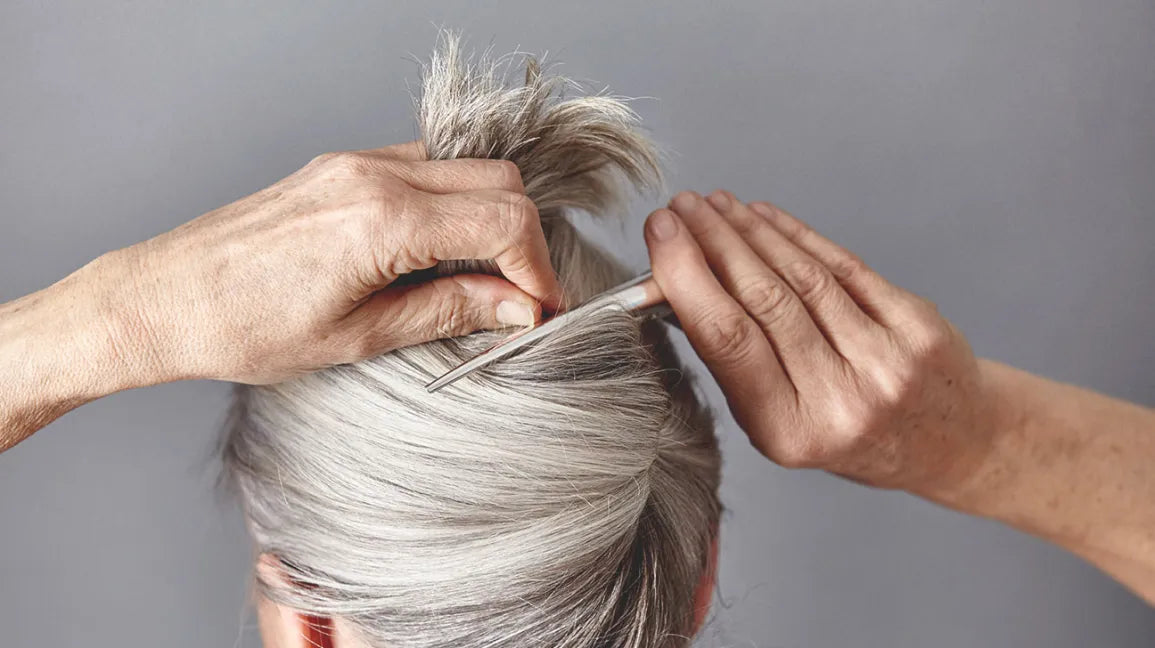
Understanding Grey Hair | WHY DO WE GO GREY 101
Why Do We Go Grey

Introduction
The greying of hair is a natural and inevitable part of the aging process that many people experience. Understanding why hair turns grey involves exploring various factors such as genetics, lifestyle, environmental influences, and more. This article delves into the intricacies of why we go grey and provides insights into prevention, treatments, and societal perceptions surrounding grey hair.
Genetics
Genetics play a significant role in determining when and how quickly an individual's hair turns grey. The presence of certain genes can predispose someone to premature greying, where hair loses its pigment earlier than usual. Factors like ethnicity and family history also contribute to the likelihood of experiencing premature greying.
Aging Process
As we age, our bodies undergo numerous changes, including the gradual loss of melanin, the pigment responsible for hair color. Melanocytes, the cells that produce melanin, become less active over time, leading to a reduction in hair pigmentation. This natural aging process affects everyone differently, with some individuals experiencing grey hair earlier than others.
Stress & Lifestyle
High levels of stress and an unhealthy lifestyle can accelerate the greying process. Chronic stress triggers the release of hormones like cortisol, which can interfere with melanin production and contribute to premature greying. Poor nutrition, smoking, and lack of exercise also play roles in diminishing hair health and color.
Hormonal Changes
Fluctuations in hormone levels, especially during significant life stages such as puberty, pregnancy, and menopause, can influence hair pigmentation. Hormonal imbalances may disrupt melanin production and lead to premature greying or changes in hair texture and thickness.
Environmental Factors
Exposure to environmental pollutants, UV radiation, and harsh chemicals in hair products can damage hair follicles and affect melanin synthesis. Protecting hair from sun exposure and using gentle, natural products can help preserve its color and vitality.
Medical Conditions
Certain medical conditions and treatments can cause premature greying as well. Autoimmune disorders like vitiligo, thyroid imbalances, and nutritional deficiencies can impact melanin production and result in grey hair. Additionally, treatments such as chemotherapy can cause sudden and extensive hair loss, including the growth of grey or white hair.
Hair Care & Prevention
Maintaining a healthy hair care routine is essential for preventing premature greying. This includes using mild shampoos, conditioning regularly, avoiding excessive heat styling, and eating a balanced diet rich in vitamins and minerals that support hair health.
Cultural & Psychological Aspects
Cultural attitudes towards grey hair vary widely, with some societies valuing it as a symbol of wisdom and maturity while others view it as a sign of aging. Psychologically, individuals may experience varying levels of acceptance and confidence regarding their grey hair, influenced by societal norms and personal perceptions of beauty.
Myths & Facts
There are numerous myths surrounding grey hair, such as plucking one grey hair causing more to grow in its place or stress being the sole cause of greying. Separating fact from fiction can help individuals make informed decisions about their hair care practices and expectations.
Acceptance & Confidence
Embracing grey hair as a natural part of life can lead to greater self-acceptance and confidence. Many people find empowerment in owning their grey hair and choosing not to conform to societal beauty standards that prioritize youthfulness.
Celebrity Influence
Celebrities and public figures who proudly display their grey hair have contributed to changing perceptions of aging and beauty standards. Their influence has encouraged more people to embrace their natural hair color and celebrate the beauty of diversity.
Future Trends
The future of grey hair trends includes a shift towards inclusivity and representation. As conversations around beauty and aging evolve, there's a growing appreciation for diverse hair colors and styles, including grey and silver hues.
Conclusion
In conclusion, the greying of hair is a multifaceted phenomenon influenced by genetics, aging, lifestyle factors, and societal perceptions. While grey hair is a natural part of the aging process, individuals have various options for managing and embracing their hair color based on personal preferences and values.
FAQs
-
At what age does hair typically start to turn grey?
- The age at which hair begins to grey varies widely among individuals but often starts in the late 30s to early 40s.
-
Can stress alone cause hair to turn grey?
- While stress can contribute to premature greying, it's usually not the sole factor, and genetics and other lifestyle factors play significant roles.
-
Are there natural remedies to prevent grey hair?
- Some natural remedies like a healthy diet, stress management, and proper hair care can support hair health but may not entirely prevent greying.
-
Do hair dyes cause damage to grey hair?
- Hair dyes can cause damage if not used correctly, but many products are formulated to be gentle on grey hair and provide nourishment.
-
How can one boost confidence with grey hair?
- Embracing grey hair as a natural part of aging and focusing on overall well-being and self-care can boost confidence and self-acceptance.



